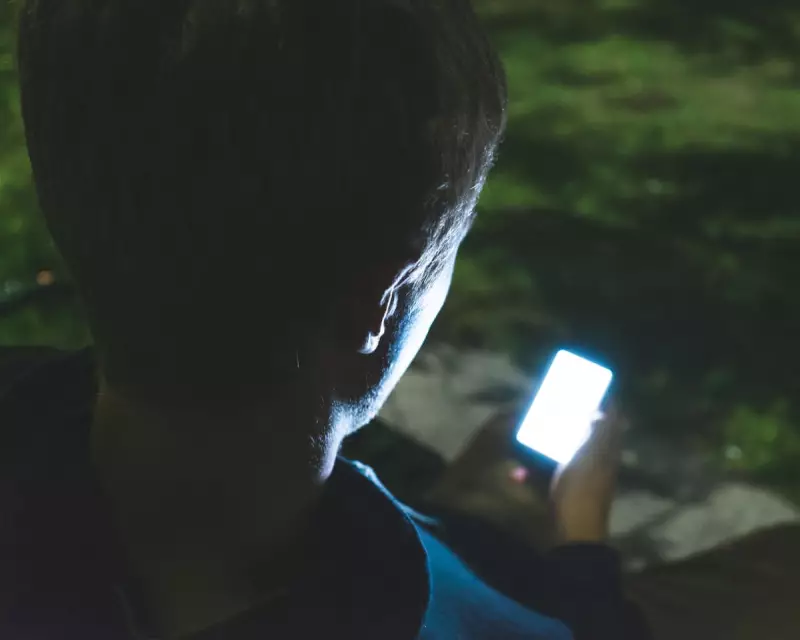
In a startling development that reflects the rapidly changing landscape of adolescent mental health, new research has uncovered that teenage boys across Britain are increasingly turning to personalised artificial intelligence for emotional support and even simulated romantic relationships.
The Digital Confidant Generation
A comprehensive survey has revealed that rather than confiding in parents, teachers, or even friends, a significant number of teenage boys are seeking solace in AI chatbots and virtual companions. These digital entities are being programmed to provide everything from therapeutic conversations to girlfriend-like interactions, creating a new frontier in adolescent development.
Why Boys Are Choosing Bots Over People
The research points to several compelling reasons for this trend:
- Non-judgmental environment: AI provides a safe space where boys feel they can express vulnerabilities without fear of ridicule
- 24/7 availability: Unlike human confidants, AI is always accessible during moments of crisis or loneliness
- Customised responses: Algorithms learn and adapt to provide exactly the type of support each individual seeks
- Anonymity guarantee: The digital barrier eliminates social anxiety about sharing personal struggles
The Therapy Bot Phenomenon
Perhaps most concerning is the finding that many teenagers are using these AI systems as substitutes for professional mental health support. While some platforms are explicitly designed for therapeutic purposes, others are general-purpose chatbots being repurposed for emotional first aid.
"We're seeing boys who would never step into a school counsellor's office having deep, meaningful conversations with AI about anxiety, depression, and relationship issues," notes one researcher involved in the study.
Virtual Romance: The New Normal?
Even more striking is the emergence of AI-powered romantic companions. These sophisticated systems are designed to simulate girlfriend relationships, complete with personalised conversations, shared interests, and emotional intimacy.
While some experts see this as a harmless form of practice for real-world relationships, others warn it could create unrealistic expectations and hinder the development of genuine social skills.
The Expert Verdict: Progress or Peril?
Mental health professionals are divided on this emerging trend. Some acknowledge that AI companions might provide crucial support for isolated teenagers, particularly boys who traditionally struggle to express emotions. However, concerns abound about the long-term implications:
- Could AI relationships prevent boys from developing essential human connection skills?
- What happens when the algorithm gets it wrong during a mental health crisis?
- Are we creating a generation that prefers digital intimacy to human relationships?
The research underscores an urgent need for guidelines and safeguards around AI mental health support, especially as these technologies become increasingly sophisticated and accessible to young people.
As one child psychologist warned: "We're navigating uncharted territory. While AI might provide temporary relief, it cannot replace the complex, messy, but ultimately essential experience of human relationships."





